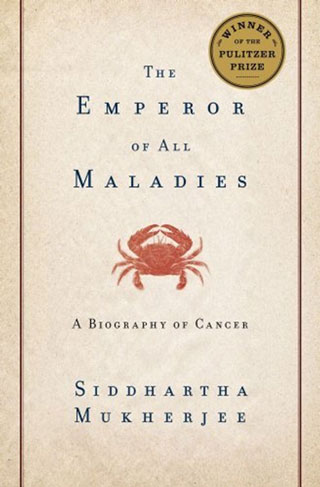 Have you ever been happily reading, and come across an idiom, expression, or turn of phrase you’re familiar with, and suddenly the absurdity of it strikes you? Came across one yesterday in one of Jim C. Hines’s Princess series, The Mermaid’s Madness. (Re-reading, they have become comfort reads).
Have you ever been happily reading, and come across an idiom, expression, or turn of phrase you’re familiar with, and suddenly the absurdity of it strikes you? Came across one yesterday in one of Jim C. Hines’s Princess series, The Mermaid’s Madness. (Re-reading, they have become comfort reads).
“That earned another chuckle. “He’s prince of Lorindar. He’s not used to feeling powerless.” He climbed to his feet.”
Climbed to his feet. That means to stand up, but it’s a damned silly expression. The more I think on it, the sillier it becomes. I used to have a bunch of these absurdities in my head, but naturally I can’t think of any of them now. Out of curiosity, does anyone else have favourite absurdities of expressions? Or peeves?

 Crotchet
Crotchet










